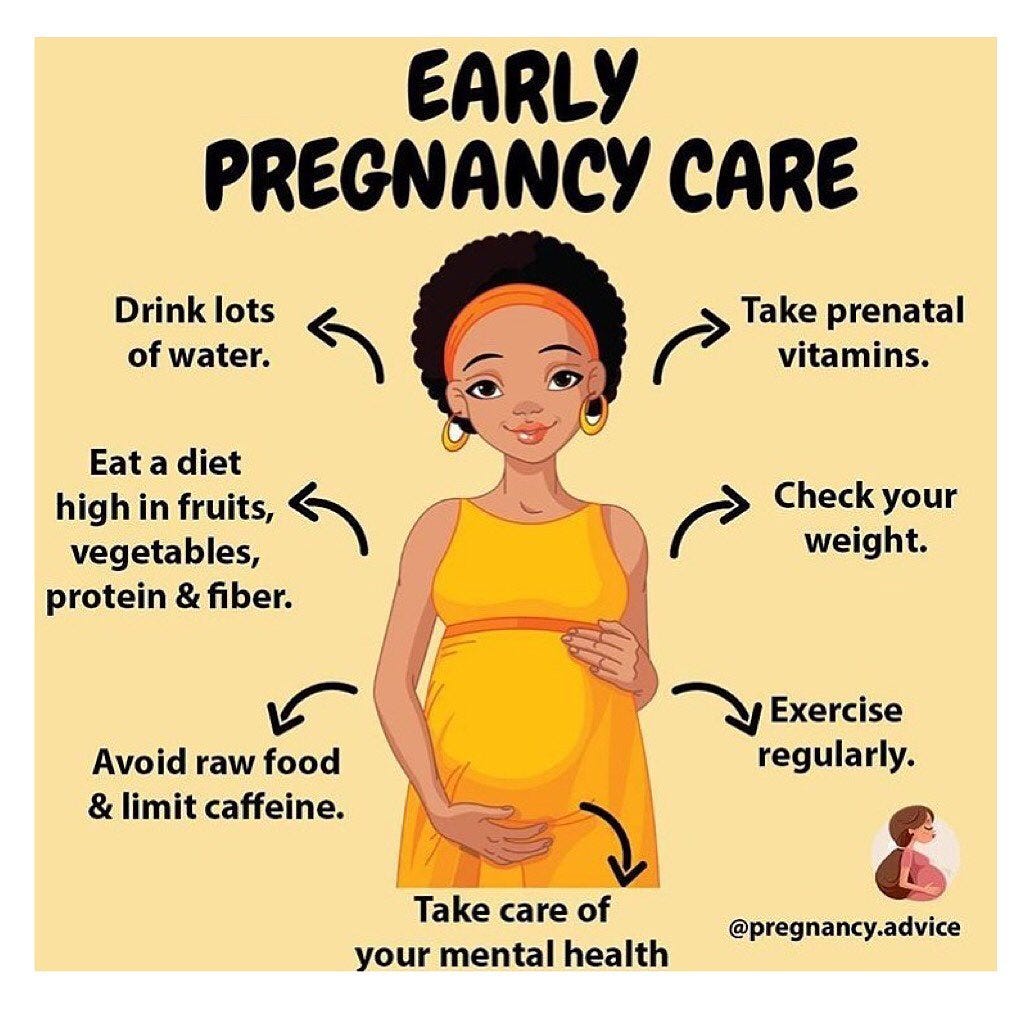
A Comprehensive Guide to Prenatal Care: Nurturing Your Baby’s Health and Well-being
Pregnancy is a transformative journey, a time of profound physical, emotional, and hormonal changes as you prepare to welcome a new life into the world. While this period is filled with anticipation and joy, it also brings with it a significant responsibility to ensure the health and well-being of your unborn child. Prenatal care plays a crucial role in safeguarding both the mother’s and the baby’s health throughout the pregnancy and beyond.
Understanding the Importance of Prenatal Care
Prenatal care encompasses a series of regular checkups, screenings, and lifestyle modifications aimed at optimizing the health of the mother and the developing fetus. It allows healthcare providers to monitor the baby’s growth and development, identify potential risks, and provide timely interventions to prevent or manage complications.
Regular prenatal visits offer an opportunity to:
- Confirm the pregnancy: Determine the gestational age and estimated due date.
- Monitor fetal growth and development: Assess the baby’s size, heartbeat, and movements.
- Screen for genetic disorders: Conduct tests to identify potential genetic abnormalities.
- Detect and manage pregnancy complications: Identify and address conditions such as gestational diabetes, preeclampsia, and placental abruption.
- Provide education and support: Offer guidance on nutrition, exercise, and lifestyle choices to promote a healthy pregnancy.
The First Trimester: Laying the Foundation
The first trimester, spanning the first 12 weeks of pregnancy, is a critical period for fetal development. During this time, the baby’s major organs and systems begin to form. It is essential to establish a healthy foundation for the pregnancy by:
- Confirming the pregnancy: Take a home pregnancy test or visit your healthcare provider for a blood or urine test.
- Scheduling prenatal appointments: Establish a schedule for regular checkups with your healthcare provider.
- Adopting a healthy diet: Consume a balanced diet rich in fruits, vegetables, whole grains, and lean protein.
- Taking prenatal vitamins: Supplement your diet with prenatal vitamins containing folic acid, iron, and calcium.
- Avoiding alcohol, smoking, and illicit drugs: These substances can harm the developing fetus.
- Managing stress: Engage in stress-reducing activities such as yoga, meditation, or spending time in nature.
The Second Trimester: Monitoring Growth and Development
The second trimester, from weeks 13 to 28, is characterized by rapid fetal growth and development. The baby’s organs continue to mature, and the heartbeat becomes stronger. This trimester is typically marked by increased energy levels and a decrease in morning sickness.
During this period, prenatal care focuses on:
- Monitoring fetal growth: Measure the baby’s size and assess its growth rate.
- Screening for genetic disorders: Conduct additional tests, such as an ultrasound or amniocentesis, to detect potential genetic abnormalities.
- Checking for pregnancy complications: Screen for gestational diabetes and preeclampsia.
- Preparing for childbirth: Discuss birthing options and develop a birth plan.
- Continuing healthy habits: Maintain a healthy diet, exercise regularly, and get adequate sleep.
The Third Trimester: Preparing for Labor and Delivery
The third trimester, from weeks 29 to 40, is a time of anticipation and preparation for labor and delivery. The baby’s lungs and other organs continue to mature, and it gains significant weight.
Prenatal care during this trimester involves:
- Monitoring fetal well-being: Assess the baby’s growth, position, and activity levels.
- Checking for pregnancy complications: Monitor for preeclampsia, placental abruption, and other potential issues.
- Preparing for labor: Discuss signs of labor, pain management options, and delivery procedures.
- Finalizing birth plans: Review and finalize your birth plan with your healthcare provider.
- Maintaining healthy habits: Continue with a healthy diet, exercise, and adequate rest.
Beyond Pregnancy: Postpartum Care
Postpartum care, which extends for several weeks after delivery, is equally important for both the mother and the newborn. It involves:
- Monitoring maternal recovery: Assess the mother’s physical and emotional health, including uterine contractions, bleeding, and mood changes.
- Caring for the newborn: Provide guidance on breastfeeding, bathing, and other aspects of newborn care.
- Addressing postpartum complications: Identify and manage potential issues such as postpartum hemorrhage, infection, and depression.
- Promoting maternal well-being: Offer support and resources to help the mother adjust to her new role and responsibilities.
Choosing a Healthcare Provider
Selecting the right healthcare provider is crucial for optimal prenatal care. Consider the following factors:
- Credentials and experience: Choose a provider who is board-certified in obstetrics and gynecology.
- Communication and bedside manner: Find a provider who listens to your concerns, answers your questions, and makes you feel comfortable.
- Availability and accessibility: Ensure that the provider’s schedule and location align with your needs.
- Insurance coverage: Verify that the provider accepts your insurance plan.
Additional Tips for a Healthy Pregnancy
- Exercise regularly: Engage in moderate-intensity exercise for at least 30 minutes most days of the week.
- Get adequate sleep: Aim for 7-9 hours of quality sleep each night.
- Manage stress: Practice stress-reducing techniques such as yoga, meditation, or spending time with loved ones.
- Avoid harmful substances: Abstain from alcohol, smoking, and illicit drugs.
- Listen to your body: Pay attention to your physical and emotional changes and report any concerns to your healthcare provider.
Conclusion
Prenatal care is an essential component of a healthy pregnancy. By following the recommendations outlined in this guide, you can optimize the health and well-being of both yourself and your unborn child. Remember to choose a healthcare provider you trust, follow their guidance, and make informed decisions throughout your pregnancy journey. By embracing the principles of prenatal care, you can create the best possible foundation for a happy and healthy future for your little one.
